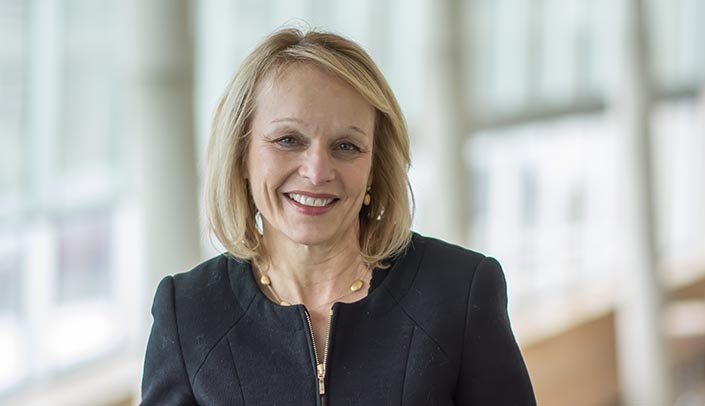April 2 has widely been recognized as World Autism Awareness Day, and April has been known as Autism Awareness Month since the early 1970s.
The autism community and disability groups have issued a call to action for improved support in opportunities in education, employment, housing and inclusive health care. To embrace this commitment to inclusivity, there has been an intentional campaign to shift our language to “Autism Acceptance Month.”
That represents quite a profound difference.
Awareness, or knowledge of the condition of autism, can be a passive thing. Being aware, for example, that the Centers for Disease Control & Prevention has determined about one in 54 children have been identified with autism spectrum disorder, is useful. It can, perhaps, help a person realize that autism is far more prevalent than they might have thought. It also can suggest that what we call “autism” looks different on different people, that it should not easily be categorized.
And that’s good. Awareness is something. To many, it is the first step.
Acceptance is something else.
Acceptance requires both knowledge and commitment. Acceptance means looking beyond our preconceived notions. It means actively working to empower those in the autism community to integrate and participate, to hold jobs, to live independently. It means effort.
At MMI, we recognize that individuals on the autism spectrum have strengths and weaknesses, as does any other individual. We work together to recognize and realize their ambitions. We collaborate with community partners, including employers, to enhance opportunities.
That’s acceptance. That is what’s needed. That’s what should be demanded.
Awareness is no longer enough.
Happy Autism Acceptance Month.

Next, we need to work on listening to Autistic voices when they tell us what we do is harmful to them. Let's try that with LIUB, person-first language, and utilizing our services in a way that provides support rather than promotes erasure. These are all things that have been seen as toxic to one degree or another in the Autistic Community, and after looking into why, I can certainly see where they're coming from.